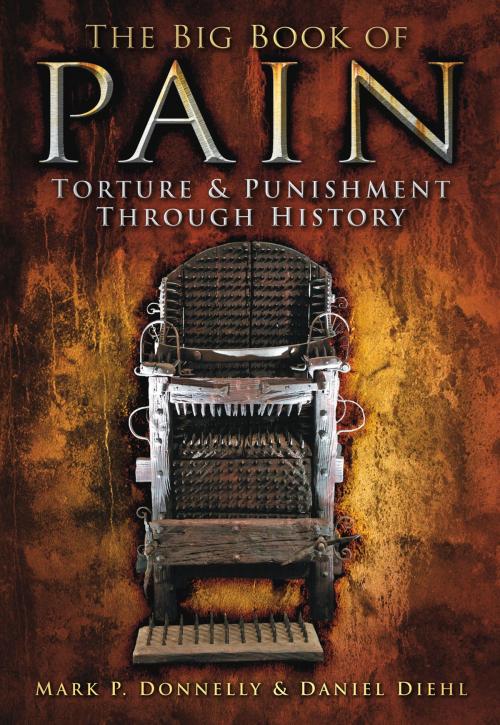| Author: | Mark P. Donnelly, Daniel Diehl | ISBN: | 9780752482798 |
| Publisher: | The History Press | Publication: | January 31, 2012 |
| Imprint: | The History Press | Language: | English |
| Author: | Mark P. Donnelly, Daniel Diehl |
| ISBN: | 9780752482798 |
| Publisher: | The History Press |
| Publication: | January 31, 2012 |
| Imprint: | The History Press |
| Language: | English |
Explaining the mechanics of torture—even now a controversial topic—this history questions why so much effort has been put into causing pain to fellow human beings Taking readers into the ancient Roman coliseum, the medieval dungeon, the Inquisitional interrogation, the auto-da-fe, the witch-trial, and the most horrid of prisons, this is an exploration of the systematic use throughout the ages of various means of punishment, torture, coercion, and torment. It is a shocking and compelling study of the shameful methods and motives of the torturer and the executioner, and of the heinous duty they have performed through the ages. Since the earliest times it is an acknowledged fact that anyone can be made to confess to anything under torture, making such confessions inadmissible. This history of pain questions why such practices have continued for so long.
Explaining the mechanics of torture—even now a controversial topic—this history questions why so much effort has been put into causing pain to fellow human beings Taking readers into the ancient Roman coliseum, the medieval dungeon, the Inquisitional interrogation, the auto-da-fe, the witch-trial, and the most horrid of prisons, this is an exploration of the systematic use throughout the ages of various means of punishment, torture, coercion, and torment. It is a shocking and compelling study of the shameful methods and motives of the torturer and the executioner, and of the heinous duty they have performed through the ages. Since the earliest times it is an acknowledged fact that anyone can be made to confess to anything under torture, making such confessions inadmissible. This history of pain questions why such practices have continued for so long.















